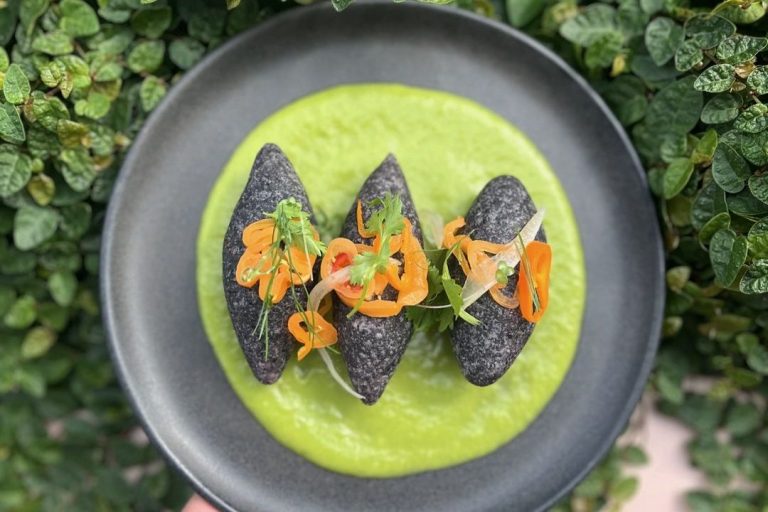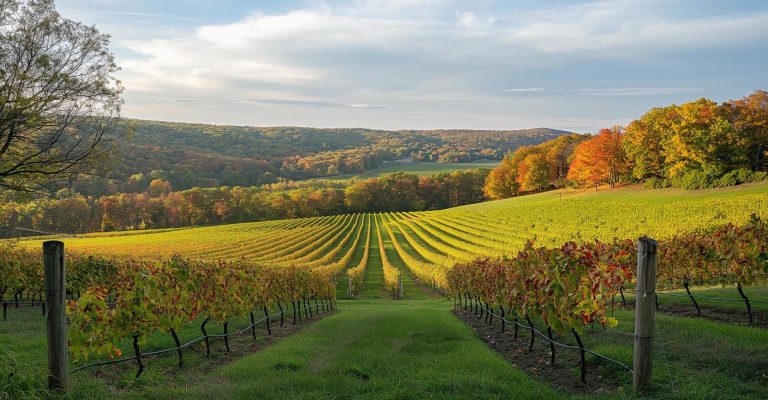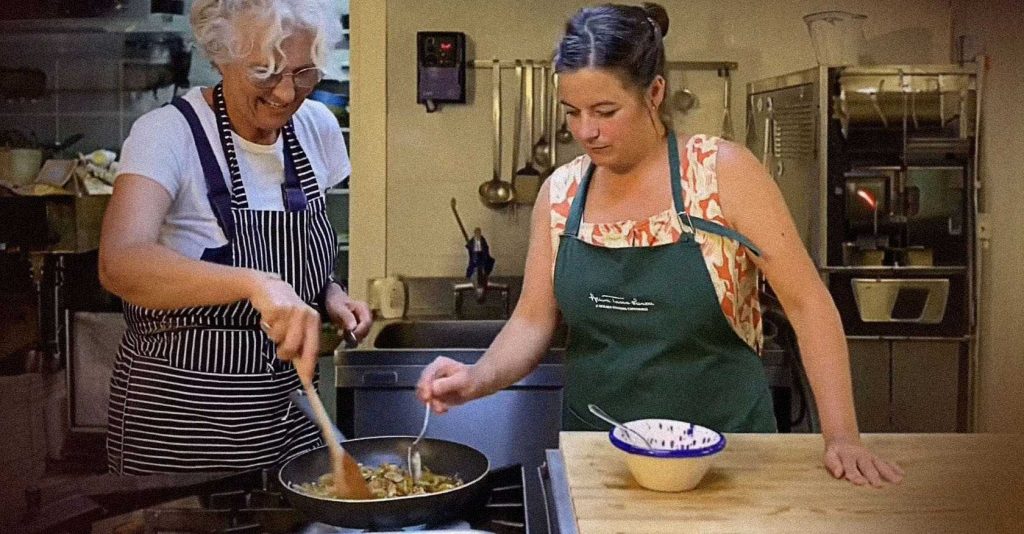
For a small country, Italy has a world-class sense of regionalism. Fierce debates about regional accents and dialects fuel discussions of what constitutes “proper” Italian, and generalizations (some hilariously unkind) about as Northern Italians and Southern Italians assert their regional superiority. It’s no different with food. Italian cuisine, one of the world’s richest and most delicious, is riven with regional references, from Naples’ pizza napoletana to brodetto all’anconetana, a spicy fish stew that puts the Adriatic seaport on the country’s culinary map.
No part of Italy sets itself apart like Sicily. Separated by the mainland by the Strait of Messina, the rocky island’s long history of occupation and foreign influences makes Sicilian food distinct and special. Greek, Roman, Arab, Norman, Spanish, and North African flavors lace through Sicilian recipes for pasta, soups, fish dishes, wines and legendary pastries, all the result of centuries as the (not always peaceful) crossroads of the Mediterranean. Visitors can find classes to learn about this rich, varied cuisine all over the island.
A Blend of Tastes: Sicilian Cooking
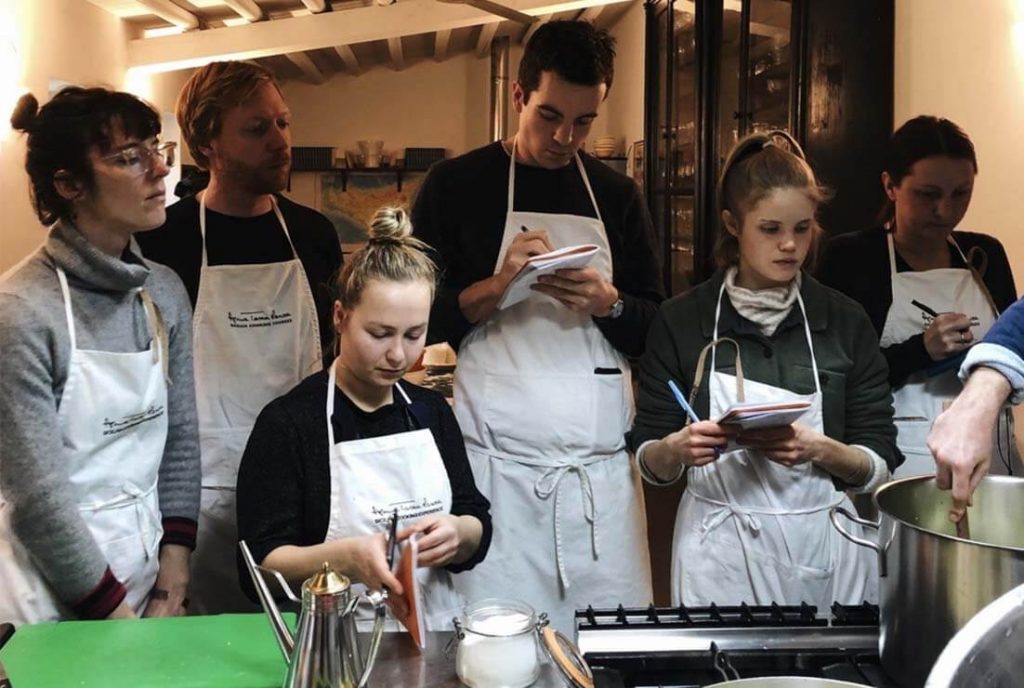
There’s no better way to absorb Sicilian culture than by learning its cuisine. The island has plentiful options for cooking classes, from one-day introductory sessions to longer courses for more immersive experiences. One of the best is the Anna Tasca Lanza Cooking School, located on the Regaleali wine estate, about 40 miles southeast of Palermo. Founded in 1989 and now run by Lanza’s daughter, students can tackle caponata, eggplant fried and seasoned with olive oil, tomato sauce, celery, olives, and capers, in an agrodolce sauce. Making Sicilian rice balls, arancini, with meat and sauce fillings is also part of the school’s curriculum. Classes go from one to five days. Visitors can also explore the school’s food heritage program, an immersion into the history and spread of Mediterranean culinary culture.
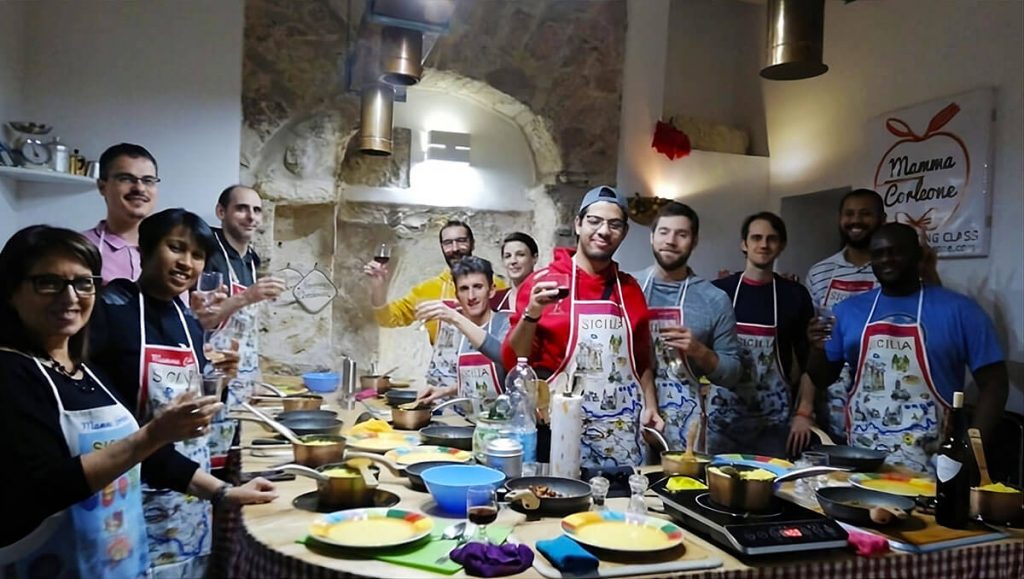
In Palermo, Mamma Corleone offers small group classes that end with Sicilian feasts. Expect to learn the secrets of making “pasta con le sarde” (pasta with sardines) and the signature Sicilian pastry, the cannoli. Students will visit the Capo, Vucciria and Ballarò markets and hunt up the ingredients that go into the homestyle kitchen session.
In Syracuse, an ancient city on Sicily’s southeast coast, visitors should cross the bridge and head to the Casa Mia Cooking School on the island of Ortigia. A five-hour tour and class starts at the Ortigia market, here you’re introduced to local produce and Sicilian specialties like Ragusano, a lip-smacking stretched curd cheese made with locally sourced milk. Students get a say in what they learn to cook during the market expedition, and then they’ll retire to the kitchen. Classes come up with menus that might feature fish involtini stuffed with breadcrumbs, raisins and pine nuts, with a side of orange and fennel salad. At the end, of course, they’ll take the cannoli.
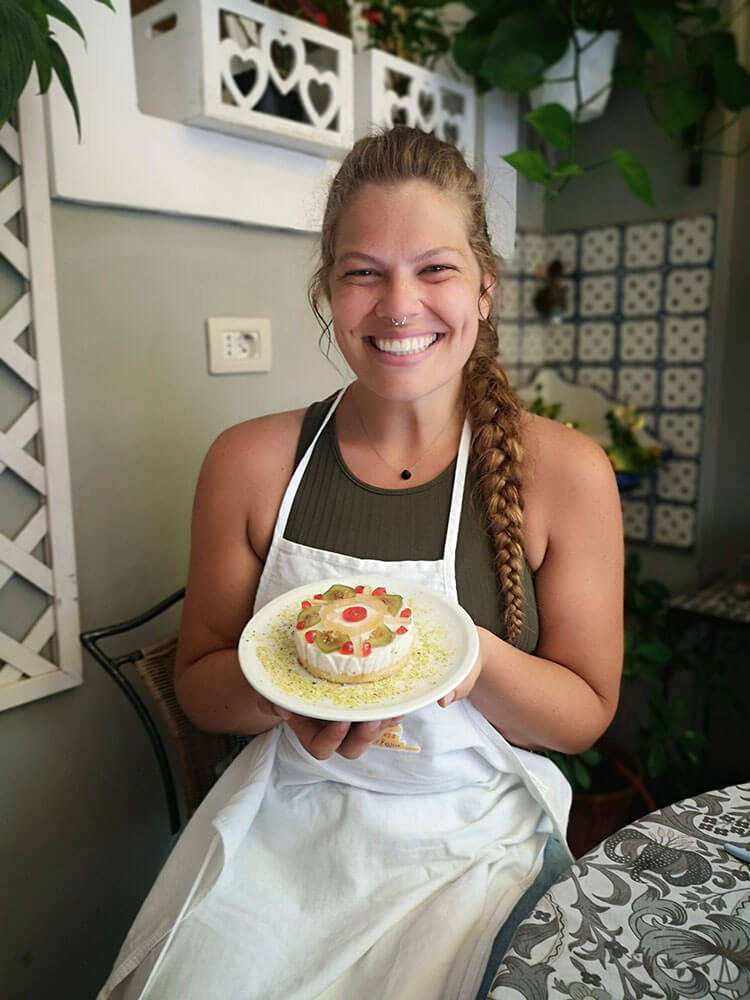
Cooking Sicily, in the eastern city of Catania, offers a similar immersion in Sicilian cuisine, and also offers a pizza masterclass. A group with travelers from New York AND Chicago will have a whole new angle on the eternal American pizza debate.
Away from the Kitchen: Sicilian Stays in Several Cities
In Catania, check out the Art and Jazz Hotel, an offbeat spot favored by travelers making a stop as they tour the island. The Hotel Rigel is another central lodging, right in the shadow of Mt. Etna.
The two-building complex that makes up the quirky Hotel Gutkowski, has plenty of sea-facing rooms to make a visit to Syracuse memorable. The La Via della Giudecca, set in the ancient Jewish quarter, faces the Piazza San Filippo.
In Palermo, the centrally located Ai Cartari Hotel is an appealing boutique option. Foodies interested in sustainability might opt for the Bio Hotel, just outside the city center. Built with sustainably sourced materials, all its food is organic – of course.
Sicilian cuisine is a sensory symphony that reflects the island’s diverse cultural influences and abundant natural resources. Take a cooking class and work with farm-fresh produce, delectable seafood, tangy citrus fruits and luscious olive oil to bring part of this vibrant cuisine home to your own table.

